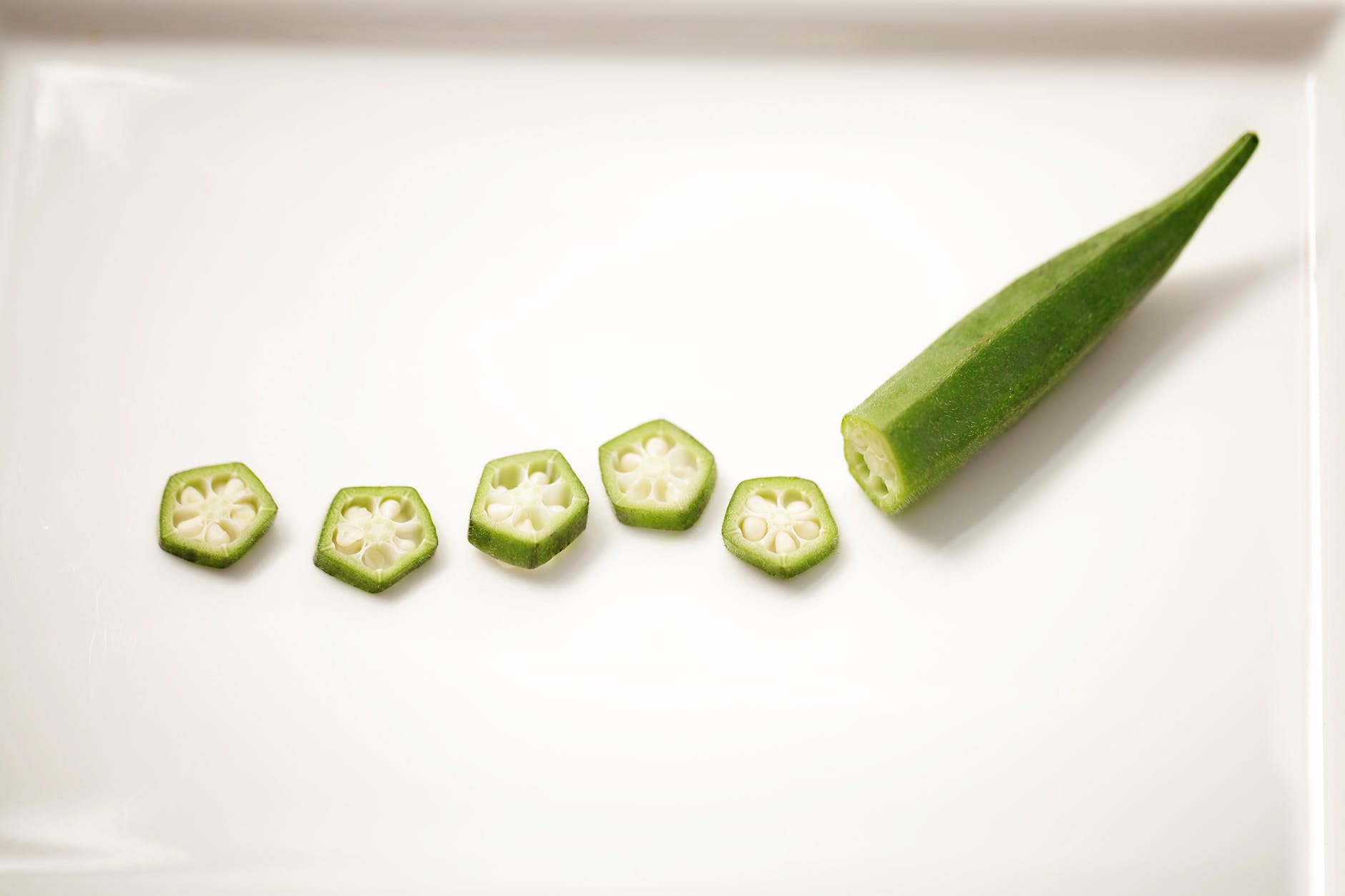
Diabetes, a chronic condition that affects millions of people worldwide, is often managed through medication and lifestyle changes. However, nature offers a surprising ally in this battle – the humble okra, also known as lady’s finger or bhindi. This post explores the potential benefits of okra for diabetes management and how it can be incorporated into your diet.
Okra and Diabetes: A Potential Natural Remedy
Okra, a green, finger-shaped vegetable, is packed with nutrients and has been a staple in traditional medicine for centuries. Recent studies suggest that okra may have potential benefits for people with diabetes, particularly type 2 diabetes. The vegetable is rich in fiber, which can help regulate blood sugar levels by slowing the rate at which sugar is absorbed from the intestinal tract. This makes okra a good food choice for people with diabetes.
Okra Water: A Simple Preparation with Potential Benefits
One popular method of consuming okra for its potential health benefits is okra water. This is prepared by soaking okra pods in water overnight and drinking the water the next morning. Some people believe that okra water can help reduce blood sugar levels and improve insulin sensitivity. The water is said to extract the beneficial compounds from the okra, making them easy to consume.
Read more about Okra Water for Diabetes and More 🌿.
Okra Juice and Tea: Other Preparations to Consider
In addition to okra water, there are other ways to consume okra for potential health benefits. Okra juice, made by blending okra with water, is another option. This preparation allows you to consume the whole vegetable, fiber and all.
Okra tea, made by steeping okra pods in hot water, is also consumed by some people for its potential health benefits. This preparation method is similar to okra water, but involves heat, which may alter some of the beneficial compounds.
Okra in Your Diet: From Raw to Cooked
Okra can also be eaten raw, boiled, or fried, though cooking methods that use less oil are generally healthier options for people with diabetes. Some people also consume okra supplements, such as okra powder or capsules, for convenience.
However, it’s important to note that while okra can be a healthy addition to your diet, it’s not a standalone treatment for diabetes. It should be part of a balanced diet, along with regular exercise and any medication prescribed by your doctor.
Okra Seeds: An Overlooked Benefit
Okra seeds, often overlooked, are also believed to have potential health benefits. Some studies suggest that roasted okra seeds may have antidiabetic properties. However, more research is needed in this area.
Okra and Blood Sugar: What Does the Research Say?
Several studies have explored the potential benefits of okra for people with diabetes. Most of these studies focus on the effects of okra on blood sugar levels. While results vary, some studies have found that okra can help reduce blood sugar levels. However, more research is needed to fully understand how okra affects blood sugar and how it can be used in diabetes management.
Read more about Okra Water for Diabetes and More 🌿.
Conclusion
While okra may offer potential benefits for people with diabetes, it’s important to remember that it should not replace medical treatment. Always consult with a healthcare provider before making significant changes to your diet or treatment plan.
Remember, managing diabetes effectively involves a balanced diet, regular exercise, and, if necessary, medication. Okra can be a part of this balanced diet, offering not just potential health benefits, but also a delicious addition to your meals.
Please note that this is a draft and may require further refinement and editing to ensure it meets your specific needs and standards. Also, while the information is based on research, it’s essential to remember that the effects of okra on diabetes are still being studied, and results can vary from person to person. Always consult with a healthcare provider for medical advice.
Blog Tags: Okra, Diabetes, Blood Sugar, Okra Water, Okra Juice, Okra Tea, Okra Diet, Okra Seeds, Okra Research, Diabetes Management.









